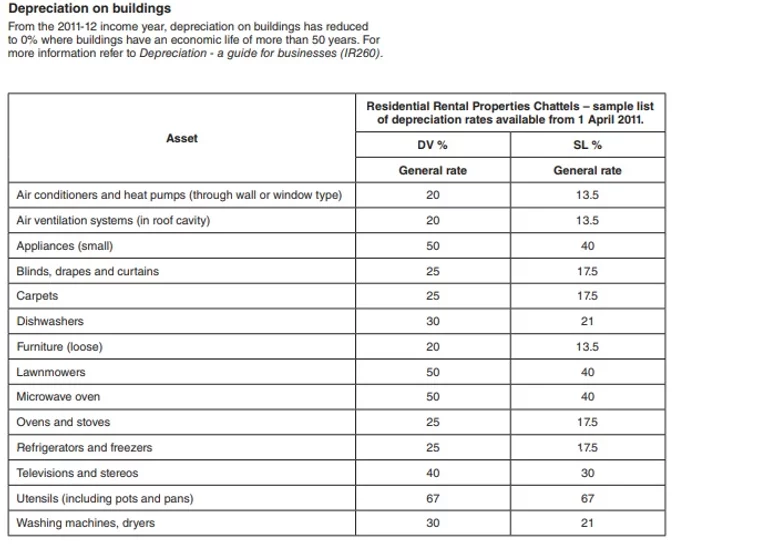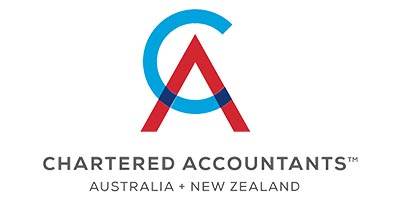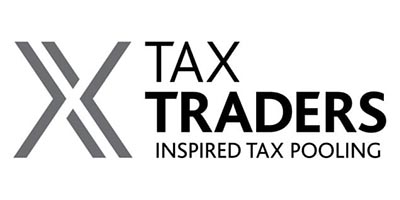Do you do have boarders or income from short-term accommodation such as renting out a room, or your home for a short term. Your tax obligations can be different depending on the use of the property.
Boarders (Renting out a room)
If you have boarders or students living with you, you don’t have to declare this income unless your income from this source is higher than the standard cost per week or if you have more than 4 boarders.
The standard weekly cost is $266 for each boarder up to 2 boarders and then $218 for each boarder for the 3rd and 4th boarder.
Holiday Home
Different rules apply for a mixed used holiday home. That is if you have a holiday home that you use yourself, you rent it out and it’s unoccupied for 62 days or more.
If the above applies and you earn less than $4,000 a year from renting out the holiday home, you don’t need to include this income in your tax return. Note: you also cannot claim any expenses as well.
Similar rules also apply to mixed use boat and aircraft.
Airbnb, Bookabach or other Accommodation sites
If you advertise on websites such as Airbnb, Bookabach etc you need to include this income in your tax return. Even if you received income from this as a one-off or irregular rental, you still are required to include this.
Not sure?
Not sure if you are required to include income from your property in your tax returns. Give us a call or flick up an email for a no obligation free consultation.







